General
-
Antimicrobial resistance (AMR) is a major global concern because drug-resistant infections can kill, spread to others, and impose huge costs on individuals and society. In order to tackle this problem we first need to understand it; we can do this by collecting and sharing high-quality data that is relevant to AMR.
Data relating to AMR means that trends in resistance and antimicrobial use can be monitored and used to make better decisions to help tackle the AMR crisis. As an AMR surveillance professional, you have a key role to play in this surveillance process, whether it is in collecting, analysing or interpreting data, or in using the data to develop new policies and practices.
This Fleming Fund programme, Tackling antimicrobial resistance, comprises a series of online courses. The aim of this programme is to help you to identify, develop and apply skills and knowledge relevant to your role in order to change and improve your working practice and the practice of people that you work with.
AMR has a significant global impact on public health and economies: increasing morbidity and mortality, placing a burden on healthcare systems and threatening food security, economic productivity and environmental sustainability. The health and economic burden of AMR provides an overview of the burden of disease associated with AMR and an introduction to the economics of AMR from a One Health perspective. It defines burden as an epidemiological term and introduces key epidemiological concepts essential to understanding AMR and its burden, covers methodologies for measuring AMR burden, and considers their strengths and limitations. Additionally, it outlines the economic consequences of AMR on healthcare systems, communities and economies, and explains how cost-effectiveness analysis can guide policy decisions to mitigate AMR.




